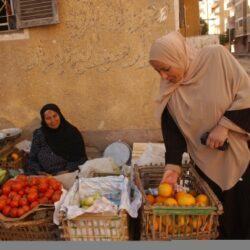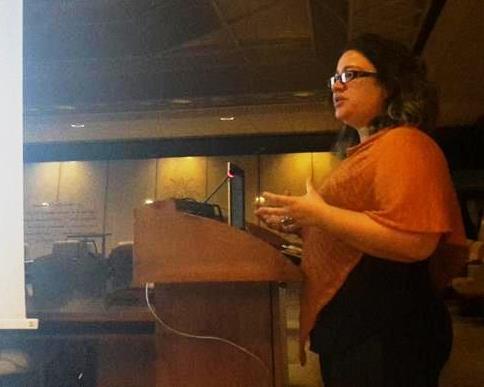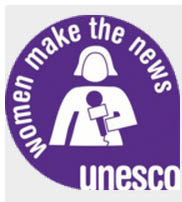Mobile phones and the rural poor: gender perspectives from Asia
Mobile phones have contributed in various ways to rural development, from reducing information asymmetry, improving functional networks, to increasing access to services and finance. Yet a digital gender divide exists. The study examines gender perspectives on the use of mobile phones by the rural poor by identifying their information needs using gender-disaggregated statistics gathered from developing economies in South and South East Asia. The study is divided into two sections. The first section




